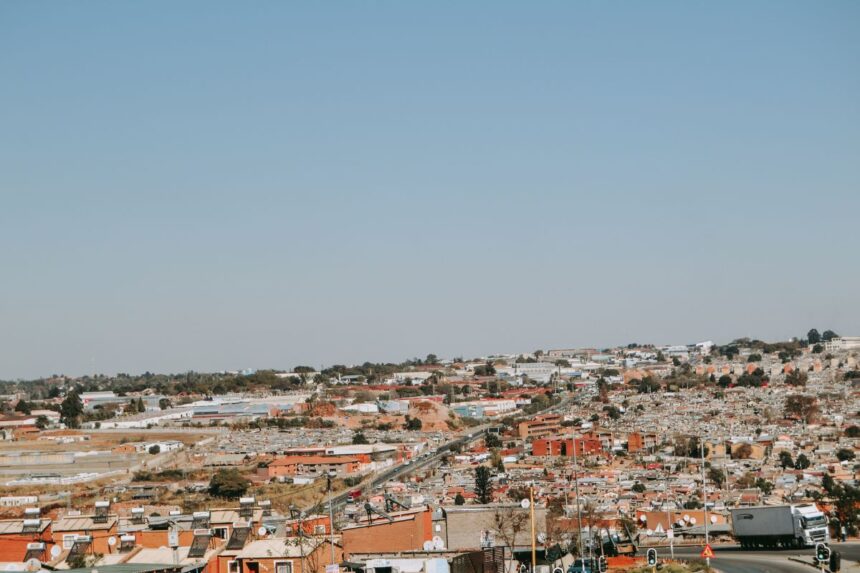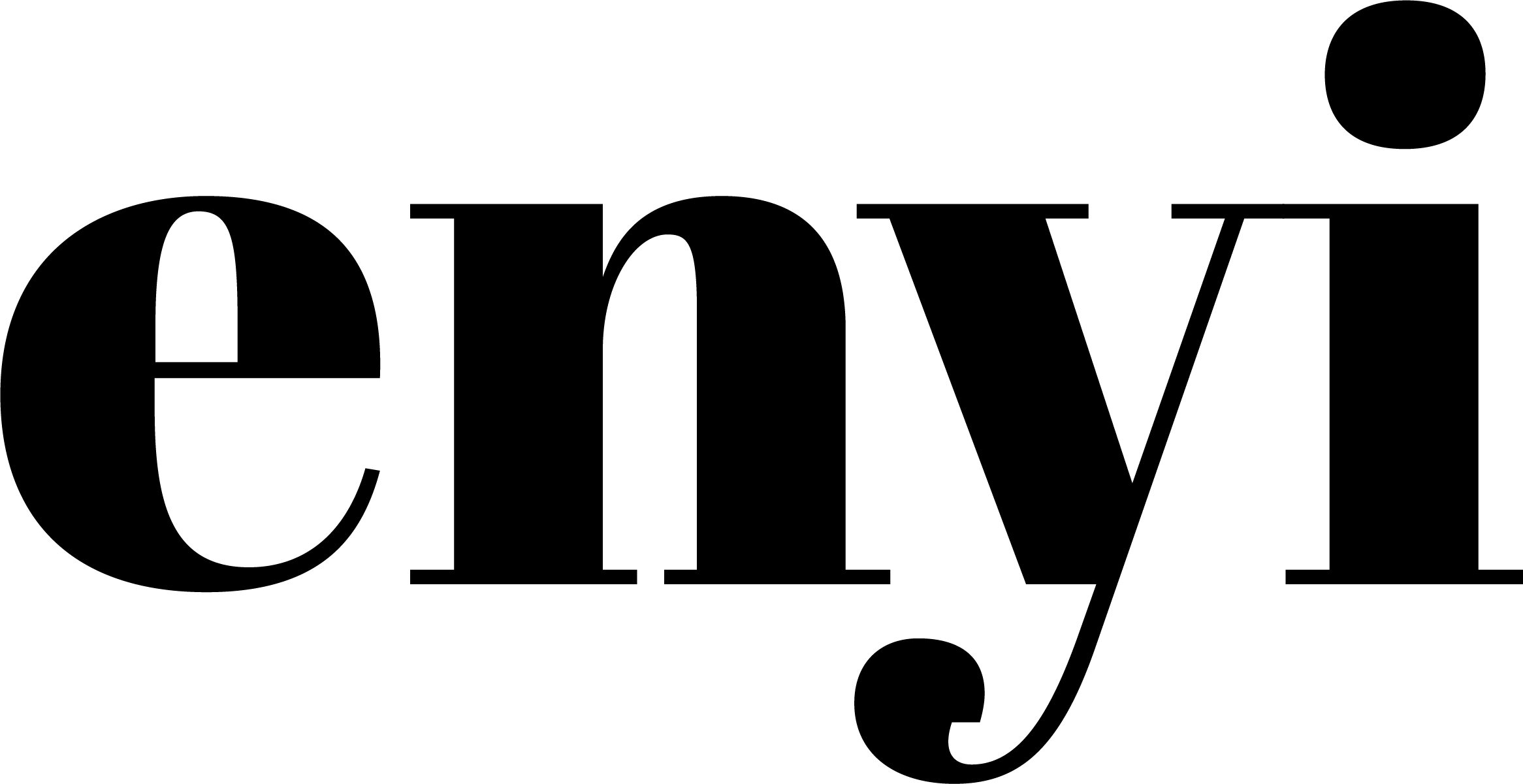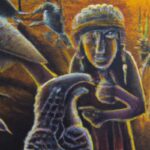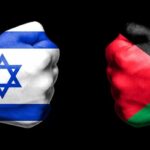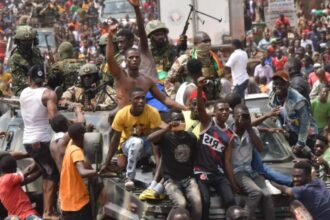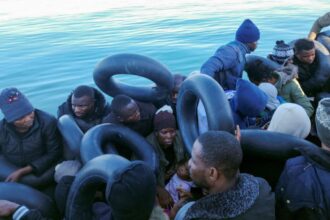For many, the term “Third World” instantly conjures images of poverty, underdevelopment, and strife. Originally rooted in Cold War geopolitics, the phrase has evolved dramatically over time. Today, it is frequently used in a way that misrepresents and undervalues a vast and diverse range of nations, especially those in Africa. This article delves deep into the origin, problematic implications, and the colonial undertones of such a label.
- The Inception of the ‘Third World’ Label
- African Countries Under The Colonial Lens
- The Problematic Legacy: Viewing African Economies through a Eurocentric Prism
- Media and Misrepresentation: How Pop Culture Amplifies Colonial Mindsets
- How the ‘Third World’ Label Hinders Progress
- Rising Voices: Modern Movements Challenging the Colonial Mindset
- Looking Forward: Toward a More Inclusive and Accurate Global Narrative
- Breaking the Chains of the Past
- Empowering a New Generation: Education and Awareness
- The Role of Global Institutions and Policies
- Embracing a Future of Coexistence and Mutual Respect
The world we live in is teeming with a rich tapestry of cultures, histories, and developments.
Wini A. MSc. Agricultural Economics
However, labels like “Third World” tend to oversimplify and pigeonhole, which in turn perpetuates outdated stereotypes.
The Inception of the ‘Third World’ Label
The Cold War era, spanning from the end of World War II to the early 1990s, was characterized by a tense geopolitical rivalry between the capitalist Western bloc and the communist Eastern bloc. This period saw nations being grouped as the First World (aligned with the West and capitalism), the Second World (aligned with the East and communism), and the Third World (non-aligned).
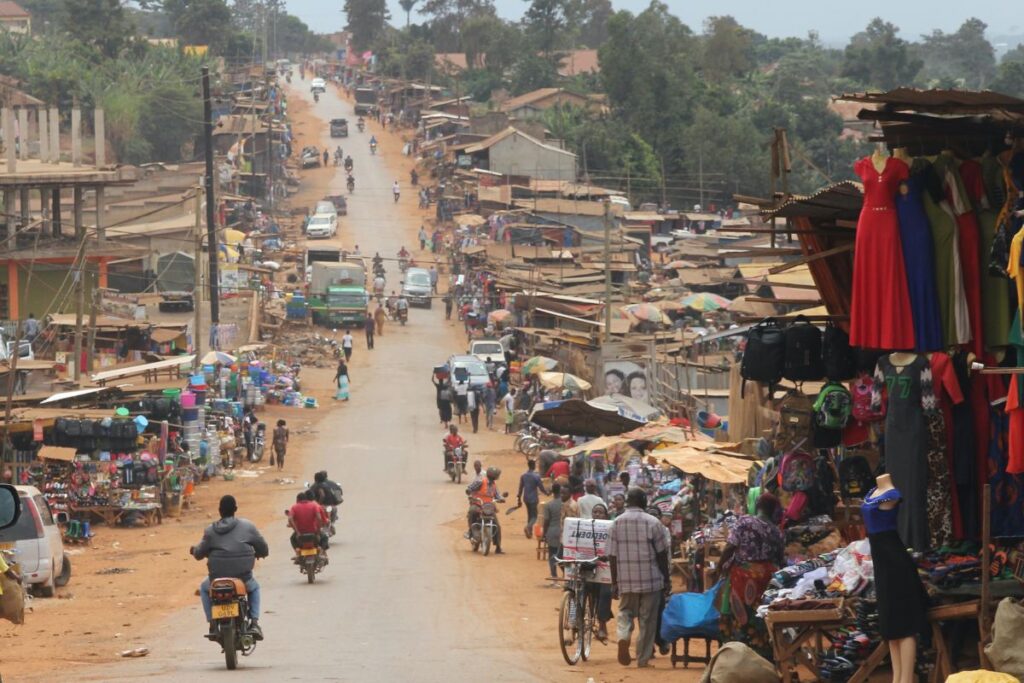
“Third World” was initially a neutral term. It was meant to describe nations that did not wish to pick sides in the Cold War. However, as time progressed, this term began to morph. As many non-aligned countries faced economic challenges and developmental hurdles, “Third World” soon became synonymous with economic disadvantage and underdevelopment.
African Countries Under The Colonial Lens
To comprehend the depth of the problem with the “Third World” label for African countries, one must first understand the history of colonialism on the continent. Starting in the late 19th century, Africa was subjected to a scramble by European powers eager to exploit its vast resources and strategic locations. This period, known as the “Scramble for Africa”, saw about 90% of the continent come under European control.
Colonial powers, in their quest for wealth and dominion, often implemented systems that oppressed local populations while exporting Africa’s wealth to Europe. This established a precedent of viewing African nations and their people through a lens of subjugation and inferiority. This colonial perspective fostered the belief that European cultures, economies, and political systems were superior. As a result, even after gaining independence, many African countries found it challenging to shake off the vestiges of these colonial narratives.
The Problematic Legacy: Viewing African Economies through a Eurocentric Prism
Post-independence, the world, influenced heavily by Western perspectives, began equating “development” with Westernization. Consequently, countries that didn’t fit the Western mold were considered “underdeveloped” or “developing.”
Standard economic measurements, such as GDP, became popular benchmarks. However, these often failed to encapsulate the diverse realities and strengths of African nations. For instance, while certain African nations might have lower GDPs compared to Western counterparts, they may have rich cultural heritages, abundant natural resources, and vibrant local economies that don’t fit neatly into Western economic models.

By primarily focusing on these economic metrics, the global narrative began to view African countries in terms of what they lacked rather than their strengths. This further entrenched the “Third World” label, making it synonymous with economic hardship rather than geopolitical non-alignment.
Media and Misrepresentation: How Pop Culture Amplifies Colonial Mindsets
The power of media in shaping perceptions cannot be underestimated. Sadly, for much of the 20th and early 21st centuries, portrayals of African nations in movies, news, and literature have been tinted with the lens of the “Third World” stereotype.
Too often, we’re shown images of famine, war, and poverty, overshadowing stories of resilience, innovation, and growth. Hollywood, news agencies, and even some humanitarian organizations have, at times, propagated a singular, grim story of Africa. This not only paints an incomplete picture but also fuels the colonial mindset that views Africa as a “problem” to be solved, rather than a diverse continent with its own solutions, dreams, and aspirations.
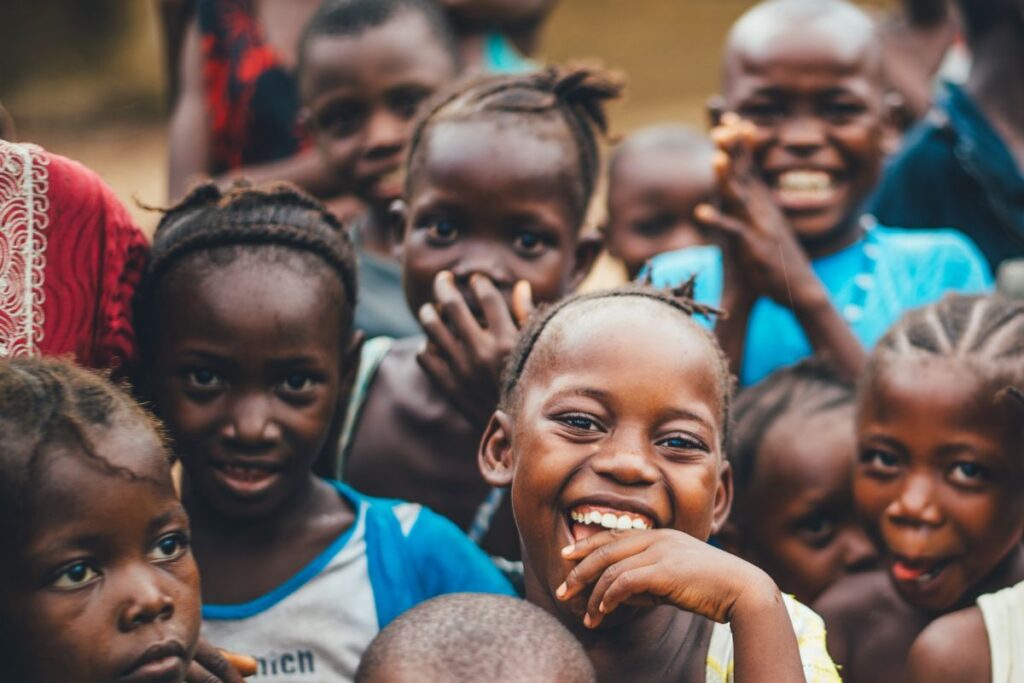
How the ‘Third World’ Label Hinders Progress
Such labels and the stereotypes they propagate have real-world implications. For citizens of nations labeled as “Third World”, this can translate into a diminished self-worth, where aspirations are limited by how the world perceives them.
From an economic standpoint, potential foreign investors might be wary, assuming these nations are too “risky” for business. This limits opportunities for growth and global partnerships. In the realm of international relations, the label can also influence diplomatic interactions, with “Third World” countries sometimes being treated as subordinate or less important.
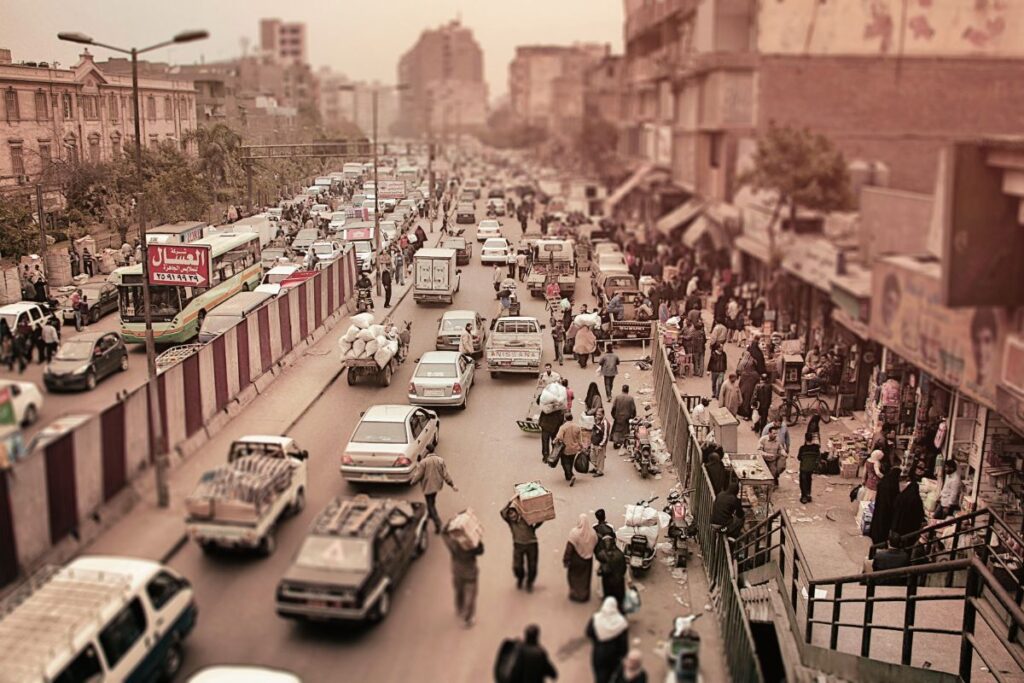
Rising Voices: Modern Movements Challenging the Colonial Mindset
In the wake of the digital age and globalized communications, the voice of Africa is louder and clearer than ever before. Across the continent, grassroots initiatives, social movements, and innovative ventures are breaking the molds of old narratives.
One shining example is the rise of Nollywood, Nigeria’s booming film industry. It serves not only as an entertainment platform but also as a medium to share authentic African stories, reflecting the continent’s complexities, beauties, and challenges.
In literature, authors like Chimamanda Ngozi Adichie, Warsan Shire, and Yaa Gyasi are presenting nuanced tales of African lives, blending the traditional with the contemporary. Their works challenge readers to reconsider their perspectives on Africa and its myriad cultures.
Moreover, African entrepreneurs and tech innovators are harnessing the power of the digital revolution. From the bustling tech hubs of Nairobi to the startups of Johannesburg, young Africans are proving that innovation isn’t solely the domain of Silicon Valley.
Looking Forward: Toward a More Inclusive and Accurate Global Narrative
As we move further into the 21st century, it’s imperative to shift from a Eurocentric worldview and embrace a more holistic, inclusive understanding of global dynamics. A crucial step in this direction is to shed outdated labels and recognize nations for their individual merits and challenges.
For African countries, this means highlighting their technological advances, celebrating their cultural riches, and understanding their historical contexts. On the global stage, it means adopting frameworks that recognize diversity and interdependence.
Alternative frameworks like the Human Development Index (HDI) offer a more comprehensive look at a nation’s progress, factoring in aspects like education, health, and standard of living. Such metrics provide a more well-rounded view than GDP alone.
Breaking the Chains of the Past
The “Third World” label, with its colonial undertones and oversimplified narratives, has long outlived its relevance. For the world to progress collectively, we must challenge and dismantle such outdated views.
Each one of us plays a role in shaping global perceptions. By actively seeking diverse sources of information, challenging our biases, and fostering cross-cultural understanding, we can build a world where nations are defined by their aspirations and achievements, not by labels of the past.
For African nations, the future is teeming with potential. As they continue to challenge the “Third World” narrative and redefine their place in the global arena, the world must stand ready to listen, learn, and collaborate.
The journey towards reframing global narratives is long and challenging. Yet, with collective effort, the chains of the past can be broken, paving the way for a more inclusive and interconnected future.
Empowering a New Generation: Education and Awareness
Education plays a pivotal role in dismantling stereotypes and crafting a new narrative. Schools and universities across the African continent are revamping their curricula to include a deeper dive into local histories, pre-colonial cultures, and the true impacts of colonialism. This ensures that the younger generation grows with a robust sense of identity, unmarred by the shadows of colonial narratives.
International academic exchanges and partnerships are also on the rise. These programs offer students from across the globe a first-hand experience of Africa’s diversity, fostering mutual understanding and breaking down preconceived notions.
The Role of Global Institutions and Policies
International bodies like the United Nations, World Bank, and African Union play significant roles in shaping perceptions and policies. These institutions must continuously reassess their approach to ensure they aren’t perpetuating the colonial mindset.
Initiatives like the African Union’s Agenda 2063 provide a roadmap for the continent’s future, emphasizing unity, prosperity, and peace. Such plans challenge the outdated “Third World” label by envisioning an empowered, self-reliant, and globally integrated Africa.
Additionally, global policies on trade, investment, and aid must be reframed. Instead of viewing African nations solely as recipients of aid, the focus should shift towards equitable partnerships, capitalizing on the continent’s vast potential and resources.
Embracing a Future of Coexistence and Mutual Respect
Labels, while convenient, often oversimplify and misrepresent. The “Third World” tag, especially when applied to the diverse nations of Africa, is a glaring example. As the world becomes increasingly interconnected, it’s essential to move beyond such labels and strive for a deeper, more nuanced understanding of global dynamics.
Africa, with its rich tapestry of cultures, histories, and potential, is poised to play a central role in the 21st century’s global narrative. Embracing this reality requires not just a shift in perspective but also tangible actions – from adopting equitable policies and fostering education to promoting authentic media narratives.
As we move forward, let us do so with a spirit of coexistence, mutual respect, and shared aspirations, cherishing the beauty of our global diversity.








